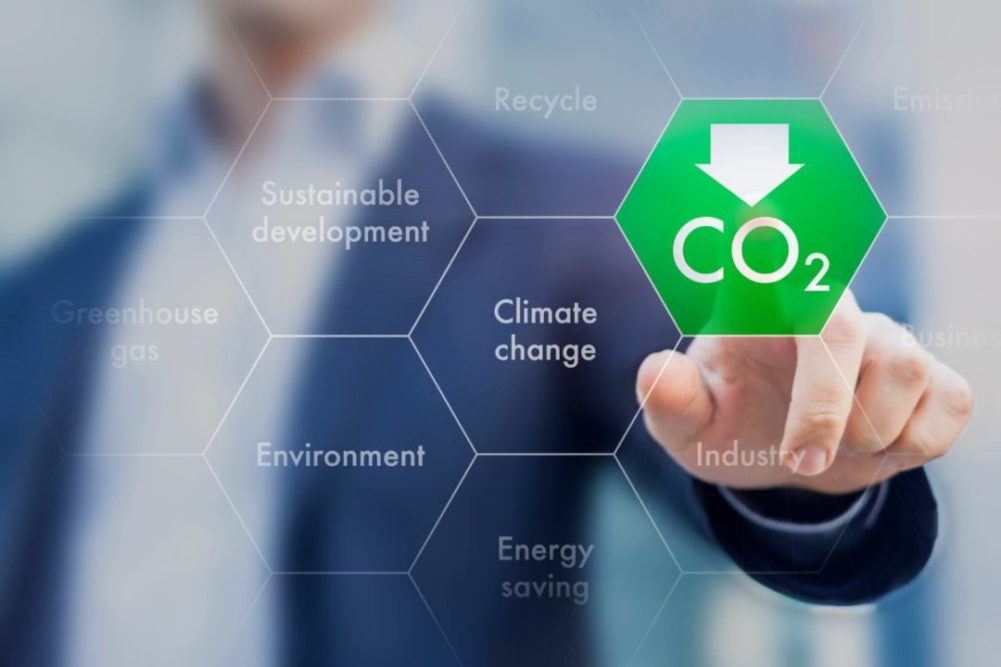SÃO PAULO — JBS S.A. released its 2022 Sustainability Report, which outlines achievements and progress toward the company’s comprehensive, global sustainability strategy and goals.
The past year, climate change and food insecurity were two prominent challenges for the global meatpacker.
"At JBS, our commitment to producing sustainable food is a core pillar of our business,” said Gilberto Tomazoni, JBS global chief executive officer. “Food insecurity is a significant issue around the world, and the need to produce more while considering accessibility and curbing climate change is more important than ever before. We remain confident that our work is on the right track as we remain steadfastly guided by our mission to be the best in everything that we do.”
The company noted significant actions were taken across its operations in Australia, Brazil, Canada, Europe, Mexico, New Zealand, the United Kingdom and the United States to address its environmental, social and governance goals.
Dedicated to improving its environmental footprint, JBS created a new role within the company, global chief sustainability officer, which oversees ESG and sustainability strategies to reach JBS’s net zero 2040 commitment. JBS appointed Jason Weller to fulfill the position last September.
“Our team at JBS is focused on making our own operations better every day, working with our farmer and rancher partners to improve practices, and building partnerships to identify and unlock progress,” Weller said. “Every day, we work across our global business to create value by weaving sustainability outcomes into our company’s go-to-market strategy and ultimately the products we produce and services we provide.”
Notable sustainability advancements in 2022 include approving over 180 scope 1 and 2 emissions reduction projects to be implemented in JBS facilities. The projects totaled more than $123 million.
Across JBS’s global operations, it achieved 45.1% renewable electricity use. The company has committed to using 60% by 2030.
Addressing deforestation issues, JBS partnered with producers in its Brazilian supply chain through 18 JBS Green Offices. Nearly 2,500 farms were brought into compliance with Brazil’s Forest Code. The company continues to work toward ending agriculture-related deforestation from its global supply chains. By 2023, JBS looks to deliver on no-deforestation for direct suppliers and by 2025 for indirect suppliers.
JBS formed a Global Executive Compliance Committee to oversee continued improvements to the company’s compliance program and promote a companywide culture of ethics and integrity. The committee is made up of JBS executive leadership and advised by senior legal counsel. After a period of sequential acquisitions, the committee proved beneficial in strengthening alignment throughout the company, JBS noted.
Providing development and educational opportunities for team members and their families, JBS continued to invest in its JBS Better Futures program, which offers tuition-free higher education for employees and their children. In 2022, over 2,000 people were enrolled in classes through the program, and more than 100 students earned a degree or certificate.
Specifically reaching the communities where the company is based, JBS invested R$180 million in the J&F Institute, a business education center, to provide free education for over 900 elementary through high school students.
“Our scale and diversified production platform, portfolio of recognized brands, strong culture that prioritizes regional autonomy, and our consistent interactions with both producers and consumer-facing customers, positions JBS as the food company arguably best placed to help meet global challenges related to feeding a growing global population,” Tomazoni said.

